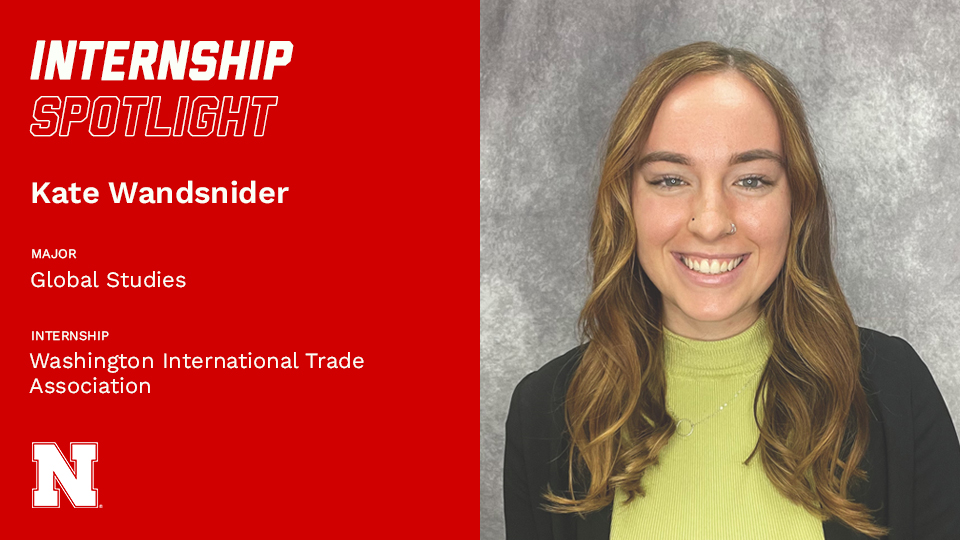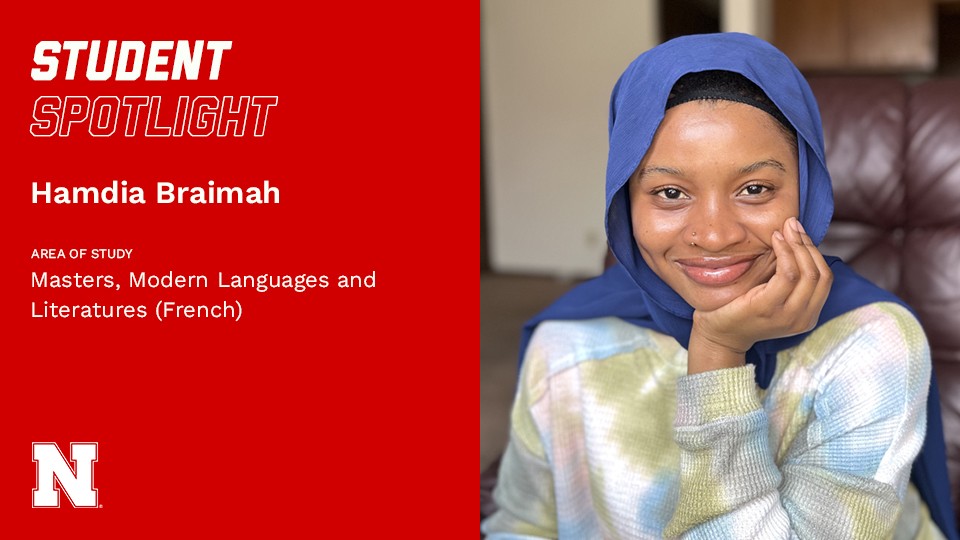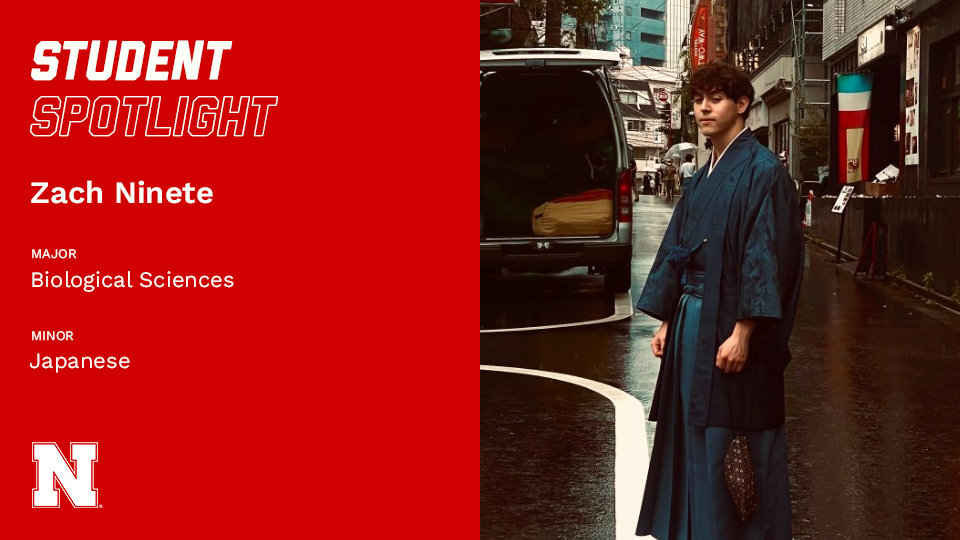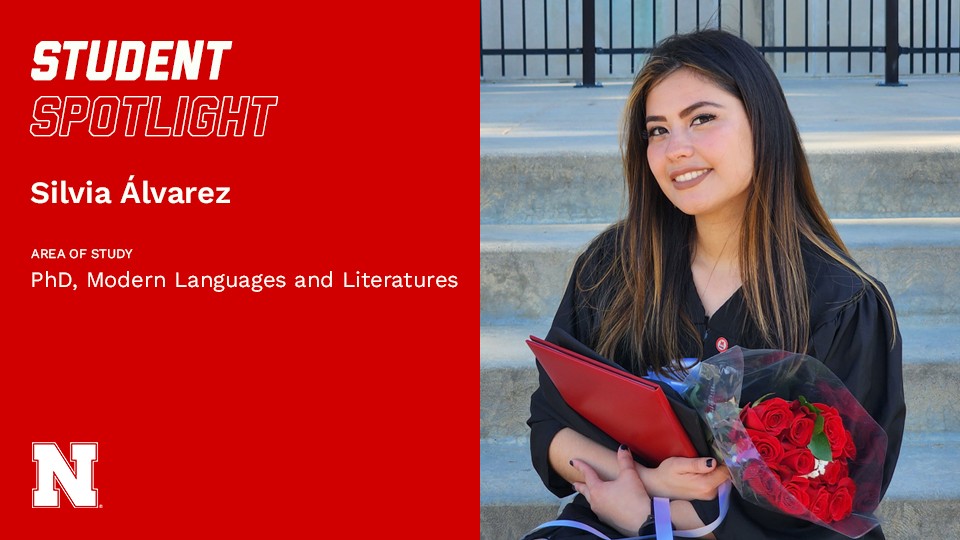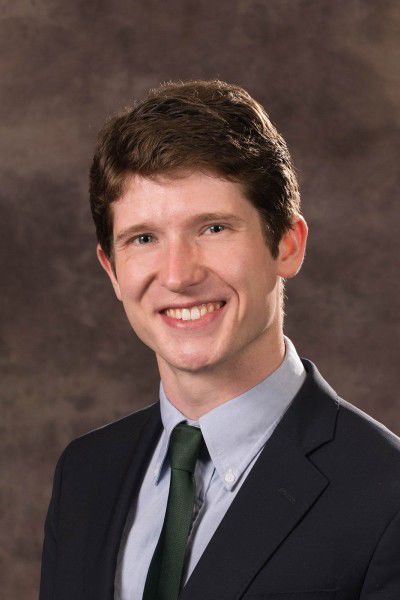
The Lincoln Journal Star asked Peter Oster, a student living and teaching in Russia through the Fulbright program, what life is like in Russia, how Russians see the U.S. election, how each has made sense of Trump's election from afar, and what hopes they have for future relations between the two countries.
Oster graduated from UNL in May with degrees in Russian, global studies, political science and history. He is teaching English at science, technology, engineering and math-focused high schools in Kyzylorda, Kazakhstan, after previously studying abroad in Russia. Oster consults and manages events with Kyzylorda’s American Corner, a U.S. Embassy-sponsored program, and studies with two Russian tutors several hours each week. He is a 2012 graduate of Millard West High School.
My first time in Russia during the summer of 2014 was when the civil war in Eastern Ukraine became most violent, and U.S.-Russia relations strained as a result. Some of the biggest sanctions were enacted then, and the downing of Malaysia Airlines Flight 17 over Ukraine happened. I remember watching the news over breakfast with my host family, and when the screen would turn to reporting on fighting in Ukraine, sanctions, the fallen airliner, there was always an uncomfortable silence. One of our study program provider’s first instructions to us was to not discuss politics.
However, I found that it was not difficult to talk about politics with Russians, as they’re just as curious about the U.S. as Americans are curious about Russia, if not more so. There was always agreement about the clear delineation between our countries’ governments and its people; while the former may fight, the latter may still get along.
During my second summer in Russia in 2015, Donald Trump declared that he was running for president. Not only did every American I know discount Trump’s viability as a candidate, but every Russian did as well. It was difficult for anyone to take him seriously. One thing, though: while Russians didn’t then have much to say about Trump, they did not like Hillary Clinton. It was clear to them that Clinton’s foreign policy would be a continuation of Obama’s antagonism toward Russia. I think that more or less reflected the Russian public’s general position toward the candidates until Election Day.
Where I am at in the country, Kazakhs’ attitudes were more positive toward Clinton. In general, the more people seemed to know about Trump -- especially about his comments toward Muslims, as Kazakhstan is a Muslim-majority country -- the more negative their attitudes were. My colleagues in Kazakhstan’s two largest cities, the capital city of Astana, and Almaty, reported that on average people there favored Trump. I hypothesize this is because Russian media and language is more prominent in those places than in southern Kazakhstan where I am. Some rationalize that what is good for Russia is good for Kazakhstan, since the countries are much closer economically and diplomatically.
I was shocked on Election Day, and throughout the day several of my well-meaning Kazakh colleagues (an ethnic Russian among them) messaged or called me to “congratulate you on your new President Trump.” I wasn’t sure how to respond. Like most Americans (especially those who did not vote Trump), it took awhile to make sense of it all. The Kazakhs I know were surprised as well but to a lesser degree.
I was asked to present on the elections and the American political system to Kyzylorda’s American Corner because of my knowledge as a political science major and experience as a former intern in Congress (Rep. Brad Ashford of Nebraska's 2nd District) and in the Nebraska Legislature (Omaha Sen. Rick Kolowski). In my presentation, I explained how demographics and social conditions led to Trump’s victory, including how many Americans wanted change in the political system despite Trump’s major missteps, and how many people simply did not trust Clinton as a politician despite her experience. Talking about how the Electoral College works, even the Kazakhs agreed with many Americans that it doesn’t make sense that a candidate can win the popular vote and still lose.
*
Adapted from "Voices from abroad: UNL students in Russia talk U.S. election" by Chris Dunker in the Lincoln Journal Star.
